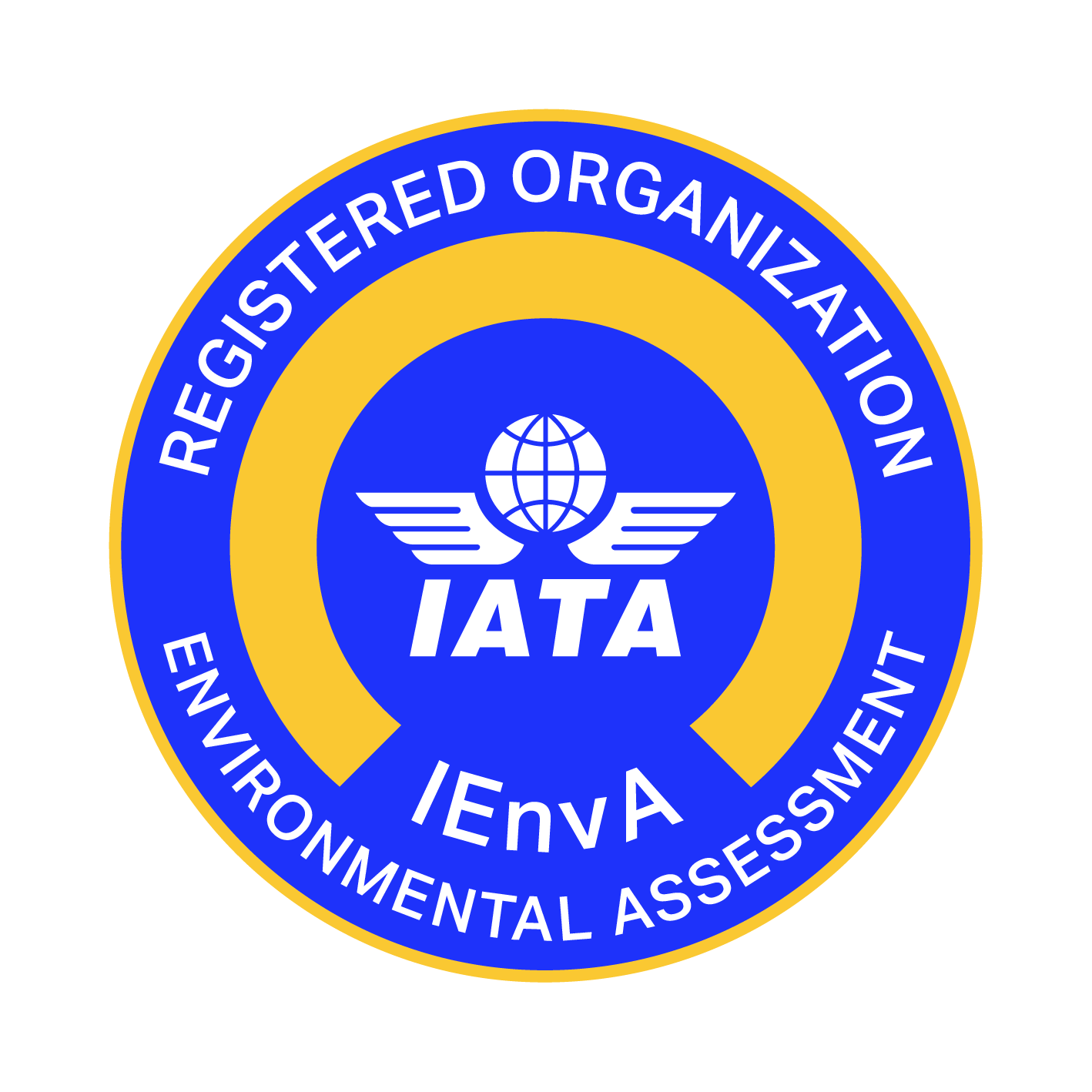A summary of Turkish Airline's climate activity.
Carbon Disclosure Project (CDP) Rating2
Turkish Airlines currently has a Carbon Disclosure Project (CDP) rating of B (Climate Change). A CDP rating is based on how transparent a company is about its climate impact and the actions a company takes to limit its climate impact. There are headings for which every company receives a grade such as Water Security and Climate Change. There are 9 ratings with A being the best. One of them is F which means the company failed to disclose or did not provide enough information, this does not mean that the company is failing to have a positive climate impact. B is the third highest score . For more information,click here.
ISO Certifications
Turkish Airlines holds ISO 40001 and ISO 50001 certification. For more information on these ISO certifications click here.
Stage 2 IEnvA Accreditation
Turkish airlines has achieved IATA IEnvA Stage 2 accreditation. This certification is for the aviation industry only and means that the company in question has a management system in place to help the company improve its impact on the environment. For example a company would have to show that it has a system in place that can help prevent water wastage.3
Carbon Neutral by 2050
Turkish Airlines aims to achieve carbon neutrality by 2050. This means all carbon emissions being produced by Turkish Airlines are either reduced or offsetted. Offsetting means taking greenhouse house emissions out of the environment by carbon sinks for example. Carbon sinks such as trees have the ability to remove carbon emissions from the atmosphere. These are the ways Turkish Airlines intend on achieving this:
- Turkish Airlines aims to invrease the amount of sustainable aviation fuel they use by 2030. Sustainable aviation fuel can be used in planes and can produce up to 80% less carbon emissions over its lifetime. Turkish Airlines has already started purchasing sustainable aviation fuel to help achieve this aim.3
- Turkish Airlines has created a tool that allows customers to voluntarily offset the carbon emissions created by their flight. This will not reduce the amount of emissions created by the flight but instead the money raised will be used to support environmental projects that aim to help reduce carbon emissions in the area they are operating for example.
- Turkish Airlines will purchase at least 220 Airbus planes with an option to buy 125 more from Airbus (a company that makes aircraft). This deal includes four different types of aircraft with the main one being the Airbus A321neos (150 ordered guaranteed). The Airbus A321neo has more seats, per-seat fuel improvements of up to 20% while also being quieter than its predecessor. The noise reduction of the new aircraft could have less of an impact on birds which can be affected by noise from airports.4
- While it might not have the same effects as the measures mentioned above, Turkish Airlines uses smaller measures such as retrofitting old lights with led lighting (more energy efficient than normal lighting) to help reduce emissions where possible.
Zero Waste
Turkish airlines is working towards zero waste in all of its ground processes. For example, in Istanbul over 2,000 tons of waste were prevented from joining the environment.

